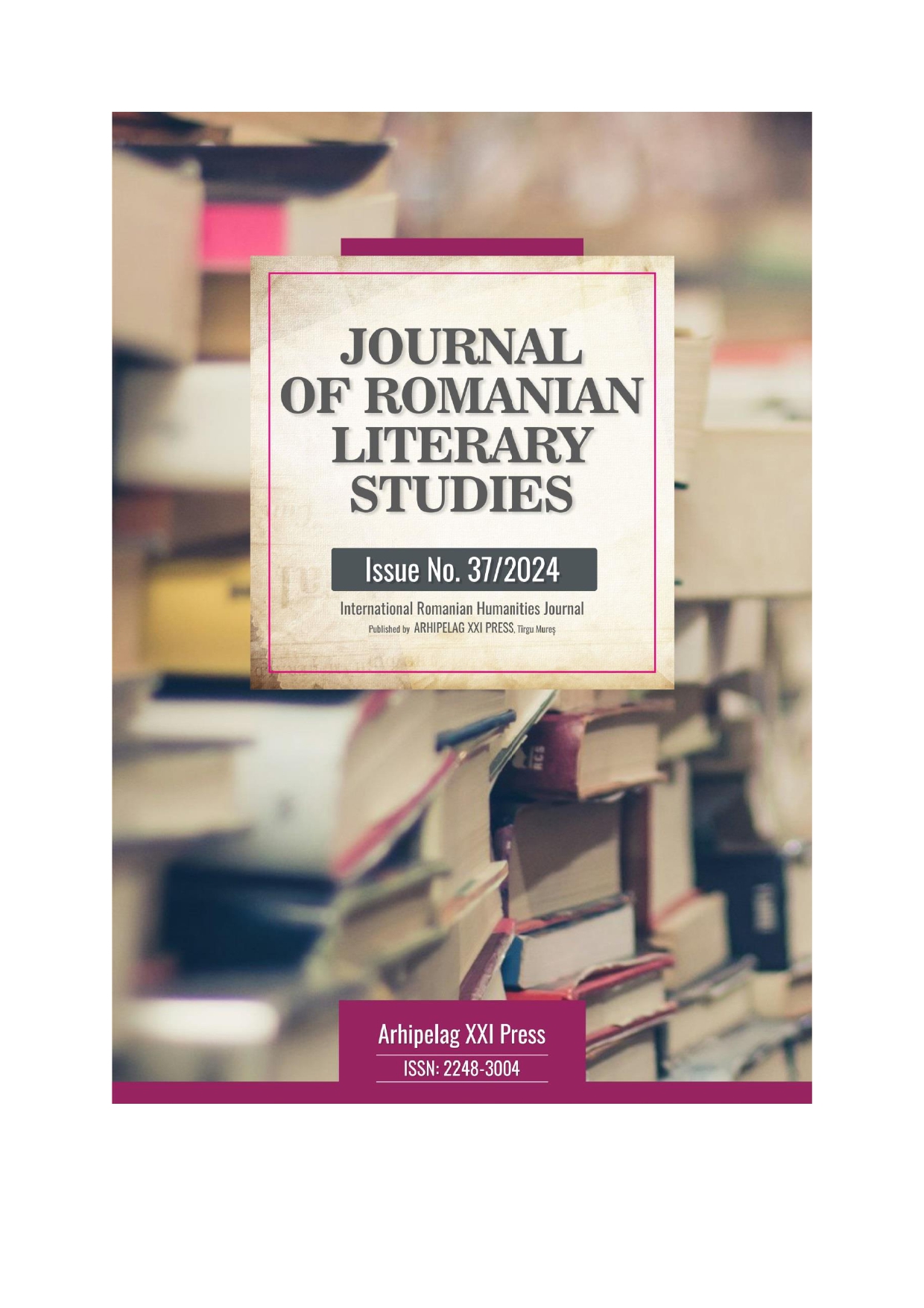SECOND LANGUAGE ACQUISITION
SECOND LANGUAGE ACQUISITION
Author(s): Elena-Teodora CatanăSubject(s): Foreign languages learning, Vocational Education, Educational Psychology, Sociology of Education, Pedagogy
Published by: Editura Arhipelag XXI
Keywords: language acquisition; learning; skills; knowledge;
Summary/Abstract: Second Language Acquisition (SLA) is the process by which individuals learn a language other than their native tongue. This multifaceted phenomenon is influenced by a variety of factors including age, motivation, learning environment, instructional methods, and cultural attitudes. Younger learners benefit from greater neural plasticity, while adults leverage advanced cognitive strategies despite potentially facing greater challenges in achieving native-like fluency. Motivation, both intrinsic and extrinsic, plays a critical role in SLA success. Immersive environments and structured classroom settings both contribute to effective language learning, depending on the learner’s context. Instructional methods range from communicative approaches that emphasize real-world language use to grammar-based instruction that focuses on explicit rule understanding. Theoretical frameworks such as Krashen's Input Hypothesis, Long's Interaction Hypothesis, and Vygotsky's Sociocultural Theory highlight the importance of comprehensible input, social interaction, and cultural context in the SLA process. Understanding these factors and theories provides insight into the complexities of acquiring a second language and informs effective teaching practices.
Journal: Journal of Romanian Literary Studies
- Issue Year: 2024
- Issue No: 37
- Page Range: 743-748
- Page Count: 6
- Language: French

